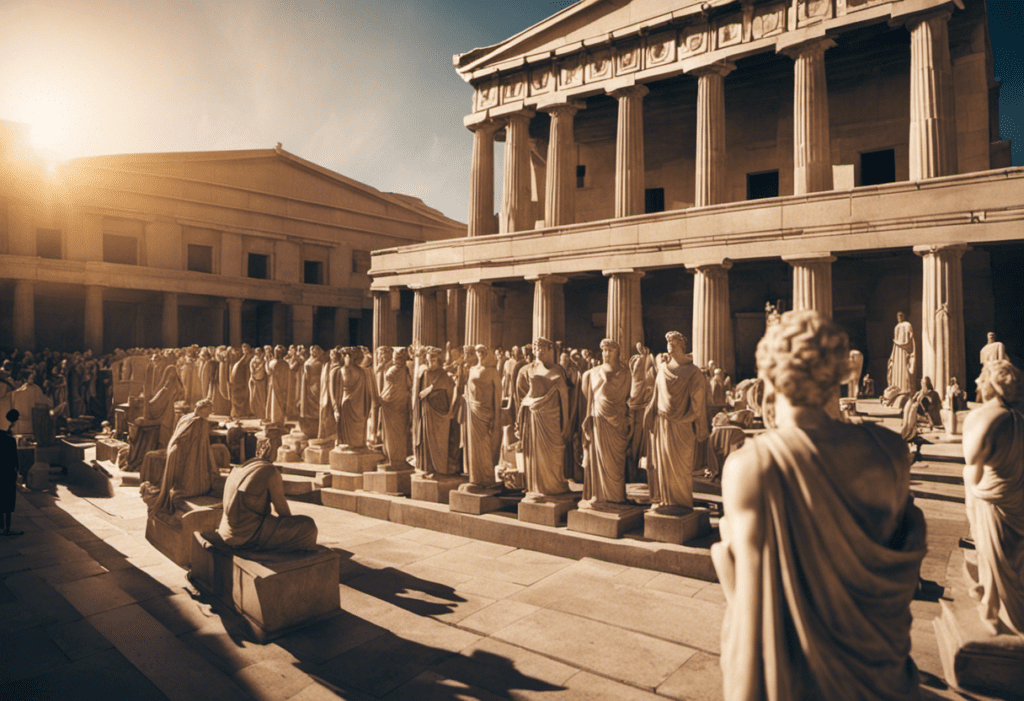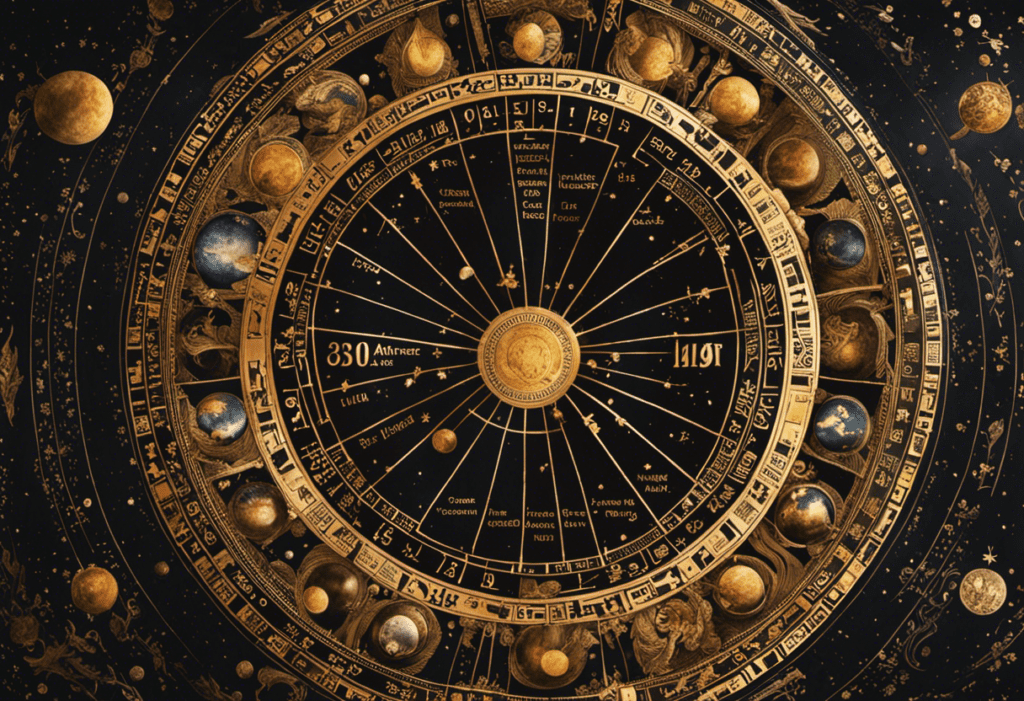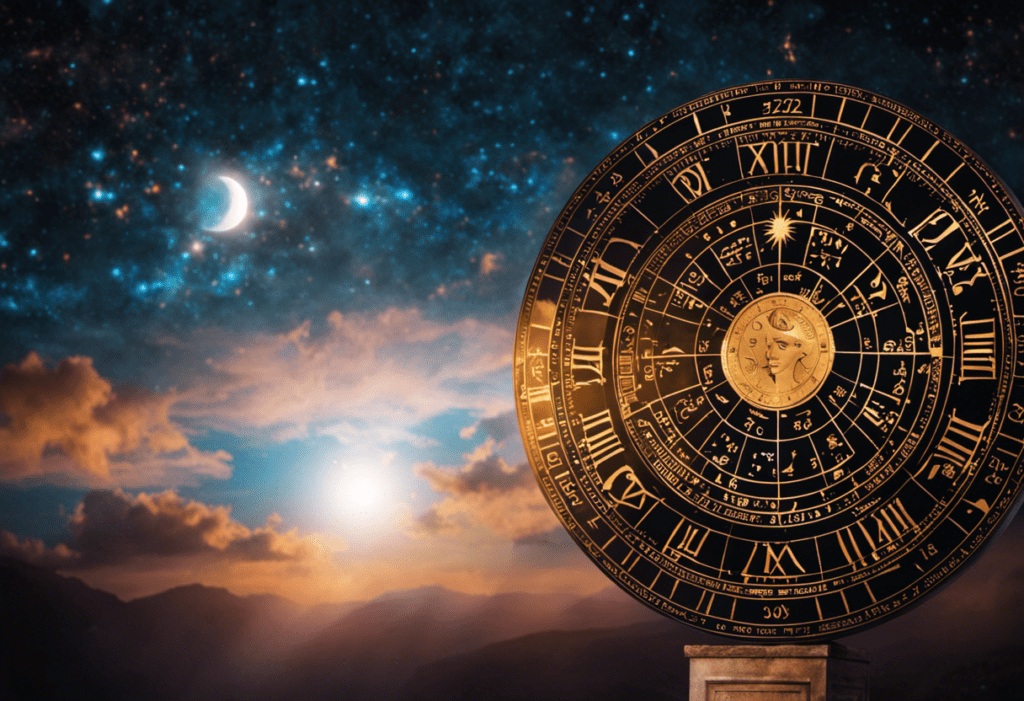The concept of time and its measurement have always played a crucial role in human history.
One such system, the Olympiad, emerged in ancient Greece and forever altered the course of the Olympic Games.
In this article, we will explore the paradoxical relationship between the Olympiad and the ancient Greek calendar, unraveling the intricate web of religious festivals and athletic competitions that shaped this remarkable tradition.
Through a detailed and evidence-based analysis, we will uncover the profound impact of the Olympiad on the modern Olympic Games.
Key Takeaways
- The Olympiad was a four-year period in ancient Greece that served as a unit of time measurement and allowed the Greeks to synchronize their calendars.
- The Greek calendar, a lunisolar calendar, provided a framework for the Olympic Games, with the Games always held in the first or second full moon after the summer solstice to align with lunar and solar cycles.
- The Olympiad played a crucial role in scheduling the Olympic Games, allowing for the synchronization of various city-states and overcoming scheduling conflicts through the establishment of the sacred truce.
- The Olympiad served as a link between religious festivals and the Games, with the Olympic Games dedicated to the god Zeus and the timing of the Games aligning with important religious festivals. Athletes had to undergo religious rituals and make offerings to the gods.
The Origin of the Olympiad and Its Significance
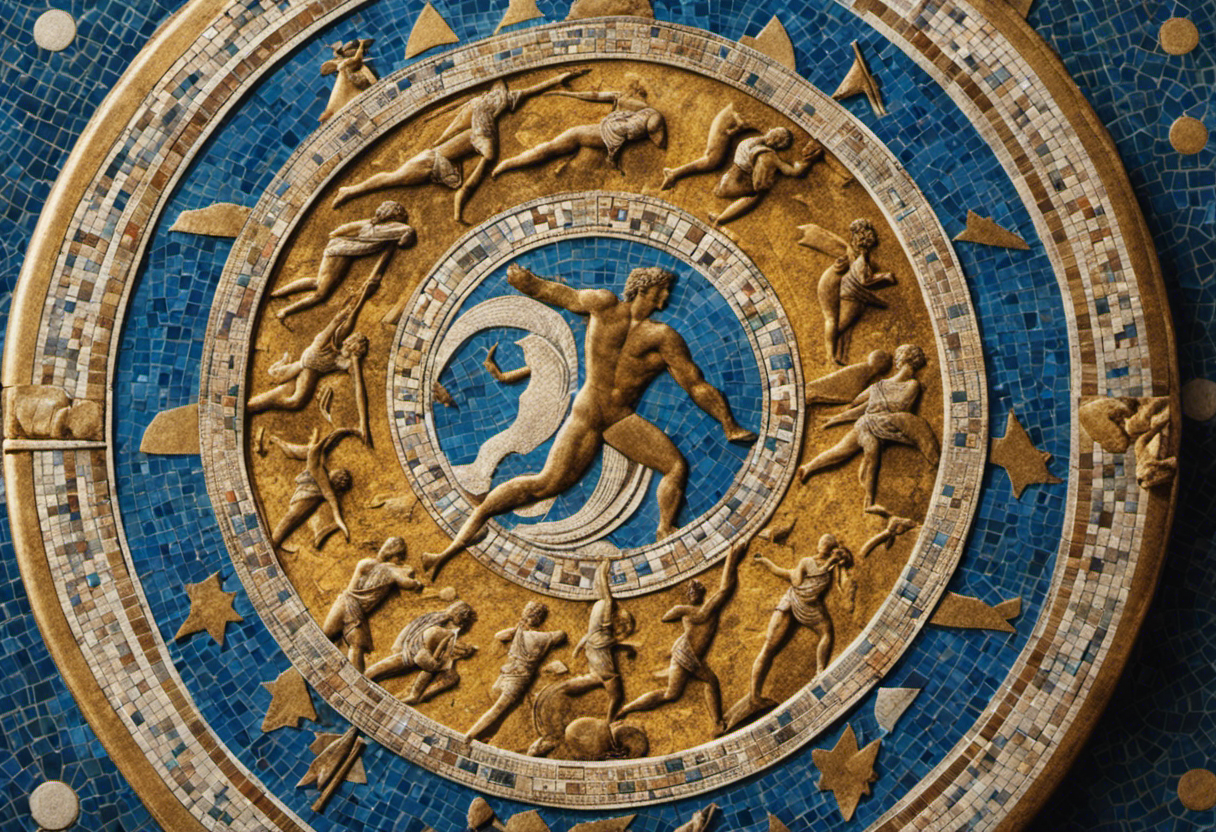

The origin of the Olympiad and its significance can be traced back to ancient Greece, where it played a pivotal role in the cultural and social fabric of the society. The Olympiad was a four-year period, during which the Greeks measured time. It was named after Mount Olympus, the mythical dwelling place of the gods. The Olympic Games, held at the end of each Olympiad, were a central component of Greek society, with participants coming from all over Greece to compete in various athletic events.
The significance of the Olympiad cannot be overstated. It served as a unit of time measurement and allowed the Greeks to synchronize their calendars across different city-states. This synchronization was crucial for coordinating religious festivals, political events, and military campaigns. The Olympic Games themselves were not just about athletic competition; they were also a celebration of Greek culture and a display of power and dominance.
Furthermore, the Olympic Games fostered a sense of unity and camaraderie among the Greek city-states. During the Games, conflicts and disputes were temporarily put aside, and athletes and spectators from different regions came together in peaceful competition. The Games also provided an opportunity for city-states to showcase their wealth and power through lavish displays and offerings to the gods.
The Ancient Greek Calendar: A Framework for the Games
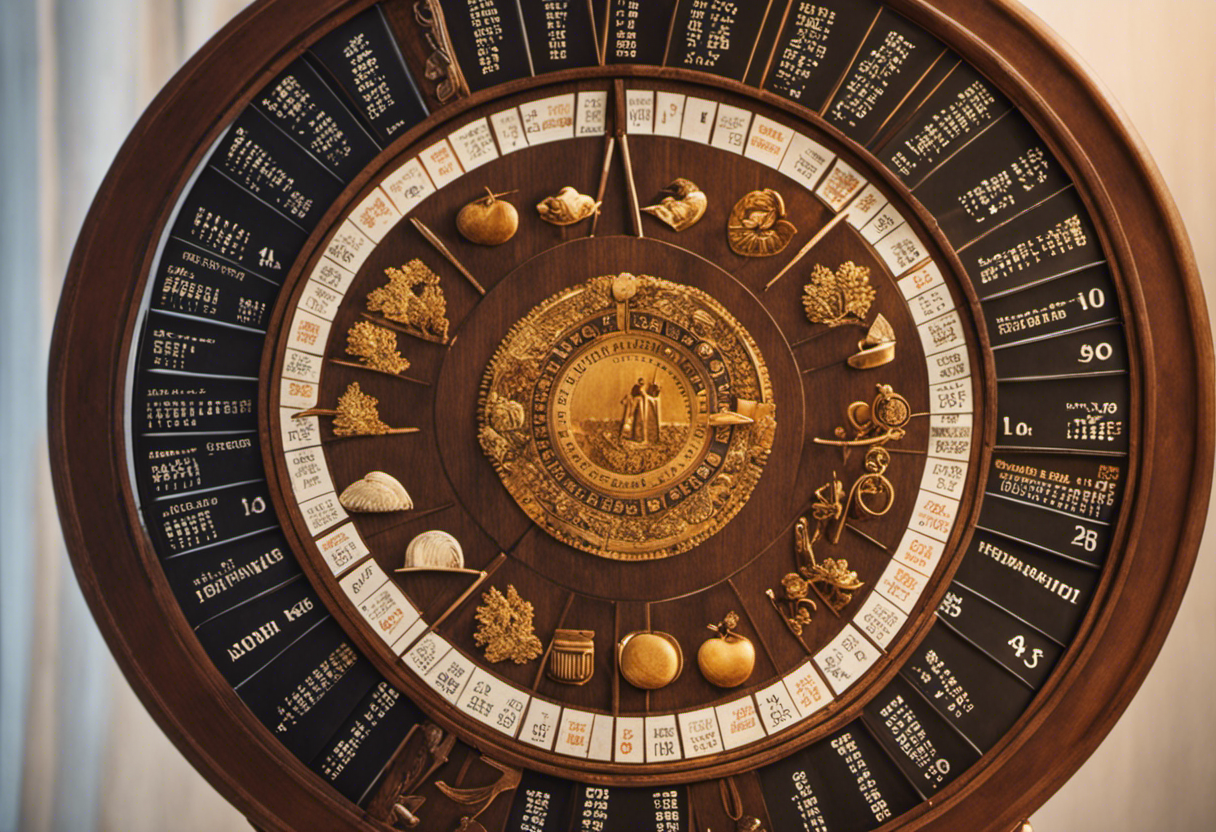

With its intricate system of lunar and solar cycles, the ancient Greek calendar served as a framework for the Games, ensuring that they were held at the appropriate times and in accordance with religious and agricultural events. The Greek calendar was a lunisolar calendar, meaning it combined both lunar and solar elements.
It consisted of 12 lunar months, with each month corresponding roughly to a lunation, or the time between two consecutive new moons. However, since the lunar year is shorter than the solar year, additional months were inserted periodically to realign the calendar with the seasons. This practice, known as intercalation, was crucial for maintaining the accuracy of the calendar and aligning it with the agricultural and religious events that were central to Greek society.
The Greek calendar was divided into several cycles, including the Olympiad, which was the four-year cycle that marked the interval between successive Olympic Games. The Games were always held in the first or second full moon after the summer solstice, ensuring that they took place during the summer months and coincided with favorable weather conditions. This careful timekeeping was essential because the Games were not only a sporting event but also a religious festival dedicated to the gods.
By aligning the Games with the lunar and solar cycles, the ancient Greeks believed they were honoring the gods and ensuring their blessings for the competitions.
The Role of the Olympiad in Scheduling the Olympic Games
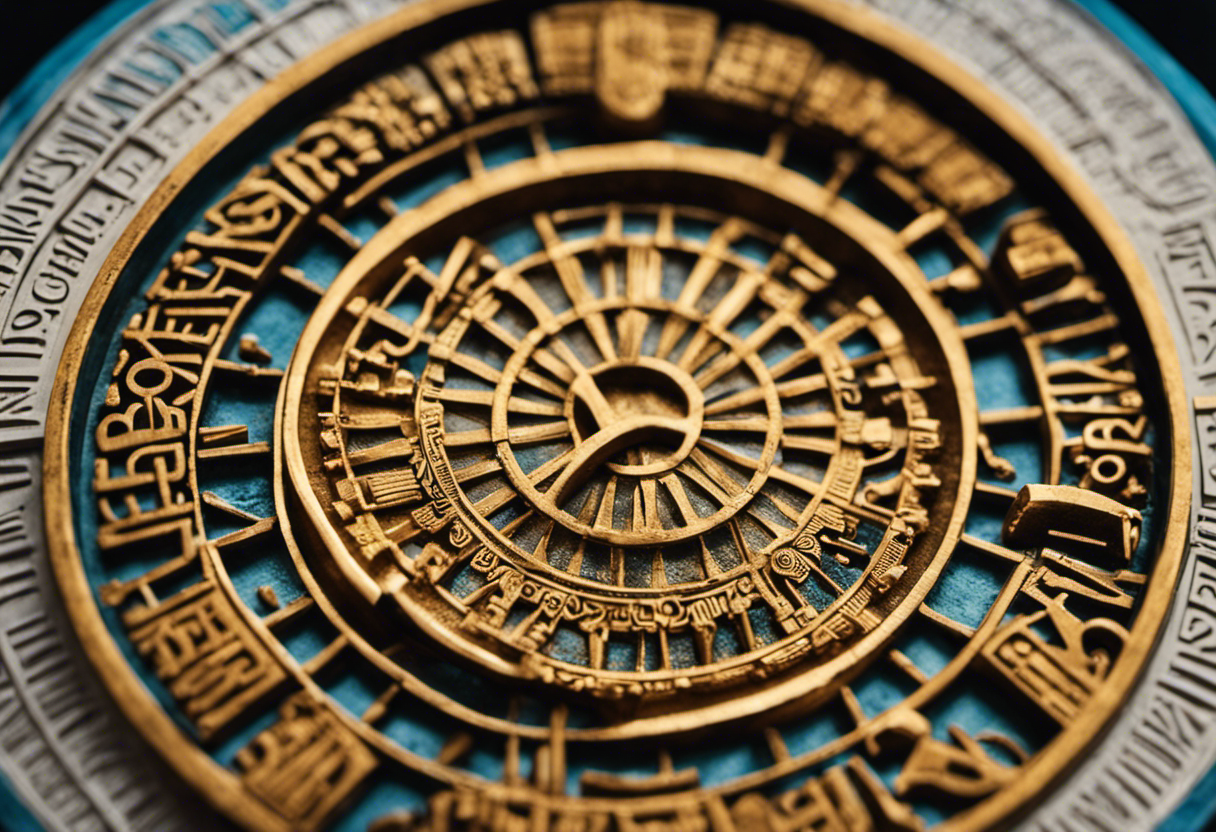

Every four years, the Olympiad serves as a key factor in determining the scheduling of the Olympic Games. The ancient Greeks used the Olympiad, a four-year period, as the basis for organizing the Games. This system allowed for the synchronization of various city-states and ensured that the Games were held at regular intervals. However, the use of the Olympiad also presented challenges in terms of scheduling conflicts and historical accuracy.
Scheduling conflicts arose due to the diverse nature of the Greek city-states. Each city-state had its own calendar and religious festivals, making it difficult to find a suitable time to hold the Games. To overcome this, the Greeks established the concept of the sacred truce, or ekecheiria, which was declared during the Games. This truce allowed athletes and spectators to travel to and participate in the Games without fear of conflict or war.
While the Olympiad provided a framework for scheduling the Olympic Games, historical accuracy was sometimes compromised. In order to maintain the four-year cycle, adjustments were made to the calendar, such as the addition of leap months. These adjustments were necessary to align the lunar calendar with the solar year, but they deviated from the original intent of the Olympiad.
The Connection Between the Olympiad and Religious Festivals
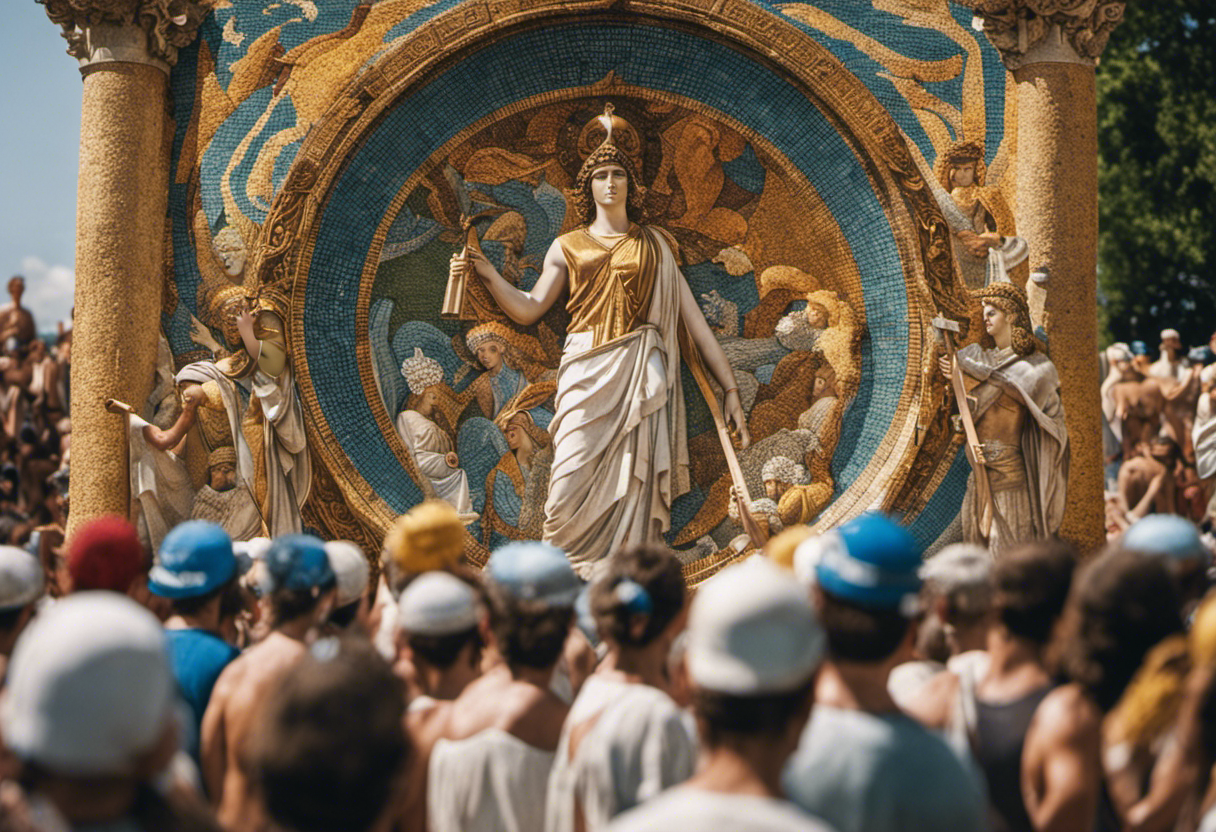

Despite the challenges posed by scheduling conflicts, the Olympiad served as a significant link between religious festivals and the Olympic Games in ancient Greece. The connection between the Olympiad and religious festivals can be observed through the timing and symbolism associated with both events.
Religious festivals held great importance in ancient Greek society, and they were deeply intertwined with the Olympic Games. The Olympic Games were dedicated to the god Zeus, and the religious festivals celebrated various deities and mythical events. The Olympic Games were held every four years, which coincided with the four-year cycle of the Olympiad. This allowed the ancient Greeks to align the timing of the games with important religious festivals.
One such example is the Heraia, a festival dedicated to the goddess Hera. It was celebrated at the same time as the Olympic Games, and it included athletic competitions exclusively for women. This festival, along with other religious celebrations, added a spiritual dimension to the Olympic Games, emphasizing their connection to the gods and goddesses worshipped by the ancient Greeks.
Moreover, the Olympic Games were considered a sacred event, and athletes competing in the games had to undergo religious rituals and make offerings to the gods. These rituals further emphasized the connection between the Olympiad and religious festivals, as they were integral parts of the overall religious experience in ancient Greece.
The Legacy of the Olympiad: Impact on Modern Olympic Games
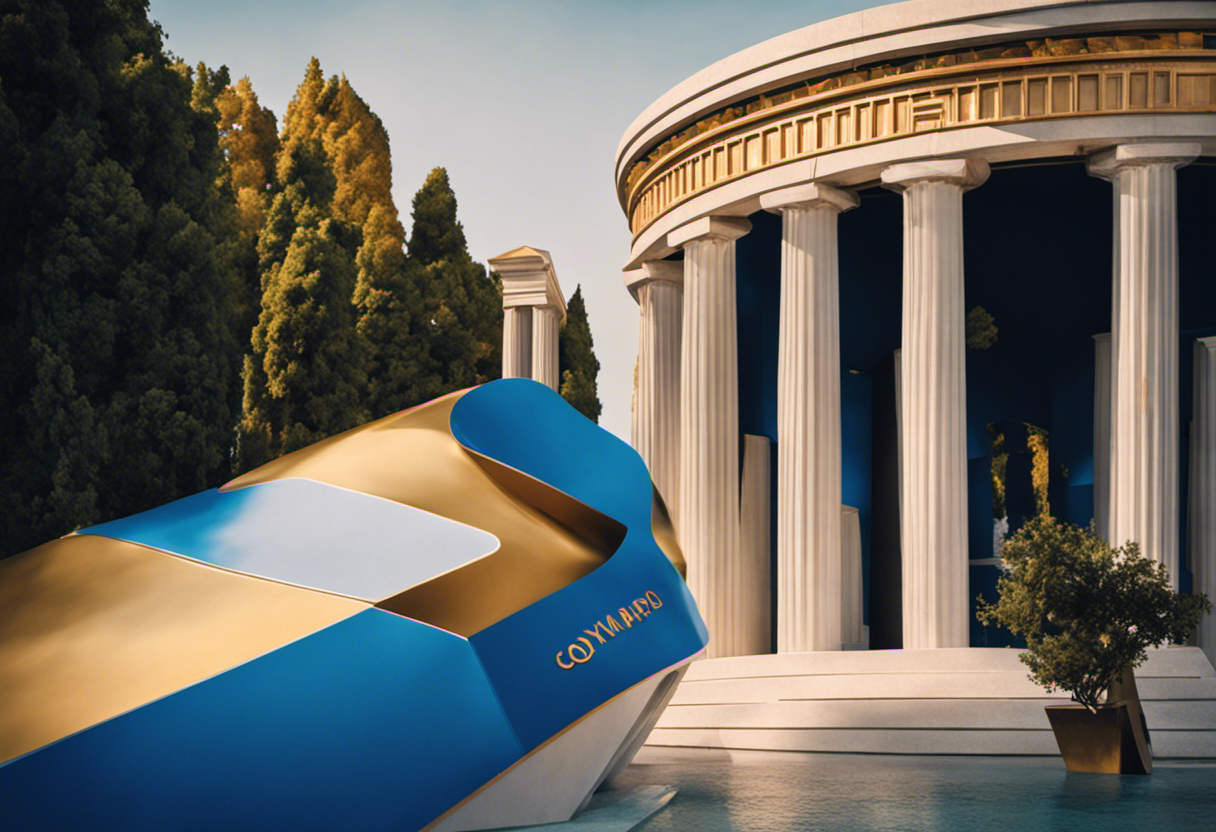

The legacy of the Olympiad continues to have a profound impact on the organization and structure of the modern Olympic Games. One of the key aspects of this legacy is the impact on athletes. The ancient Olympiad placed a strong emphasis on physical fitness and competition, and this tradition has carried over to the modern Games.
Athletes from all over the world strive to participate in the Olympic Games, pushing themselves to their limits in order to achieve their personal best and represent their countries on the global stage. The Olympiad’s legacy of promoting athletic excellence has created a culture of dedication and hard work among athletes that continues to inspire and motivate them to this day.
Another important aspect of the Olympiad’s legacy is its global recognition. The ancient Olympic Games were a gathering of athletes and spectators from different city-states, promoting a sense of unity and camaraderie. Similarly, the modern Olympic Games bring together athletes from all corners of the globe, fostering a spirit of international cooperation and understanding.
The Games serve as a platform for countries to showcase their talent and culture, and also promote peace and unity among nations. The global recognition of the Olympic Games is a testament to the enduring legacy of the Olympiad and its impact on the modern Games.
Conclusion
In conclusion, the Olympiad played a crucial role in ancient Greece, serving as a foundation for the Olympic Games and aligning them with the religious calendar.
This system provided structure and organization to the festivities, ensuring their smooth execution.
The legacy of the Olympiad continues to influence the modern Olympic Games, emphasizing the importance of tradition and the connection between sports and spirituality.
Just as the ancient Greeks used the Olympiad to unite their society, today’s Olympic Games serve as a symbol of global unity and athletic excellence.

